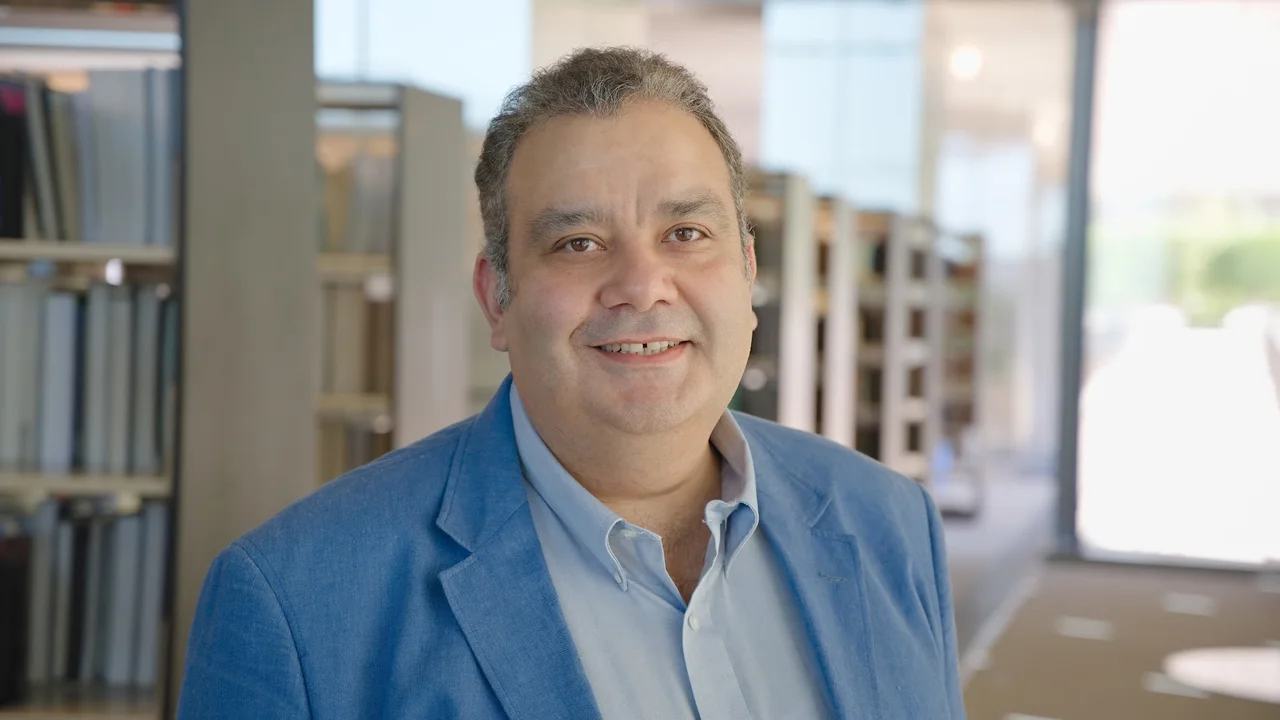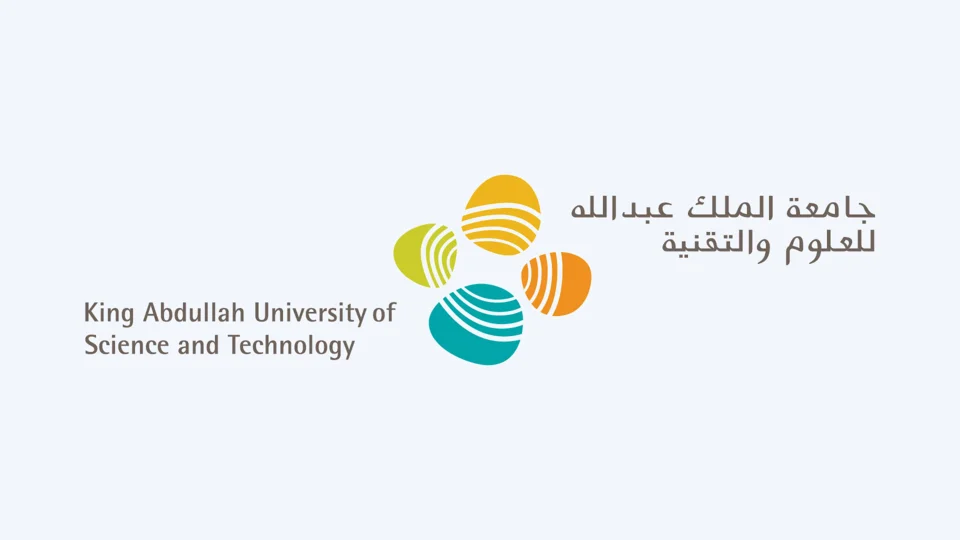
Ahmed Eltawil
- Associate Dean for Research, Computer, Electrical and Mathematical Sciences and Engineering
- Professor, Electrical and Computer Engineering
- Principal Investigator, Communication and Computing Systems Lab
Professor Eltawil is an expert in advanced wireless communications and energy-efficient computing architectures, with a particular focus on low-power mobile systems, machine-learning platforms, sensor and body area networks. His work bridges academic research and industry, translating innovative ideas into impactful technologies and successful startups.
Biography
Ahmed M. Eltawil is the Associate Dean for Research at the CEMSE Division and a professor in the Electrical and Computer Engineering Program at KAUST. He joined the Computer, Electrical and Mathematical Science and Engineering (CEMSE) Division in 2019. At KAUST, he founded and directs the Communication and Computing Systems Laboratory (CCSL). Previously, he was a faculty member in the Electrical Engineering and Computer Science Department at the University of California, Irvine (UCI), U.S., from 2005 to 2019.
His research at the CCSL at KAUST focuses on efficient architectures for computing and communications systems, with an emphasis on wireless systems. His research spans several application domains, including low-power mobile systems, machine learning platforms, sensor networks, body area networks, and critical infrastructure networks.
An active participant in the academic community, Eltawil has served on the technical program and steering committees for numerous workshops, symposia and conferences focused on low-power computing and wireless communication system design. He is a recipient of several prestigious awards and grants, including the NSF CAREER grant for his research in low-power computing and communication systems.
He is a Senior Member, Distinguished Lecturer (2023/24) of the IEEE, and a Senior Member of the National Academy of Inventors. In 2021, he was recognized as "Innovator of the Year" by the Henry Samueli School of Engineering at UCI and received two US Congressional Recognition Awards for his pioneering work in wireless systems. Committed to a collaborative, multidisciplinary approach, Professor Eltawil is passionate about translational research, aiming to move practical innovations from the lab to societal applications.
Research Interests
Professor Eltawil’s current research focuses on efficient architectures for computing and communications systems and wireless networks, encompassing low-power mobile systems, machine learning platforms, sensor networks, body-area networks, and critical infrastructure networks.
His research examines the larger context of connected systems where devices seamlessly integrate into our daily lives. His approach to research combines rigorous analysis with a robust experimental background that leverages insights obtained through simulations and corroborated by experiments. By finding innovative solutions to research problems, he aspires to offer practical approaches that can be readily adopted, resulting in significant societal benefits.
Awards and Distinctions
- IEEE Communications Society Distinguished Lecturer, IEEE Communications Society, 2023 - 2024
- Innovator of the Year, The Henry Samueli School of Engineering at the University of California, Irvine, 2021
- University of California Provost Leadership Academy, University of California, 2016
- Fulbright Scholar, Fulbright Program / U.S. Department of State, 2015
- The NSF CAREER grant in low-power computing and communication systems, 2010
Education
- Doctor of Philosophy (Ph.D.)
- Integrated Circuits and Systems, University of California, United States, 2003
- Master of Science (M.S.)
- Electronics and Communications Engineering, Cairo University, Egypt, 1999
- Bachelor of Science (B.S.)
- Electronics and Communications Engineering, Cairo University, Egypt, 1997
